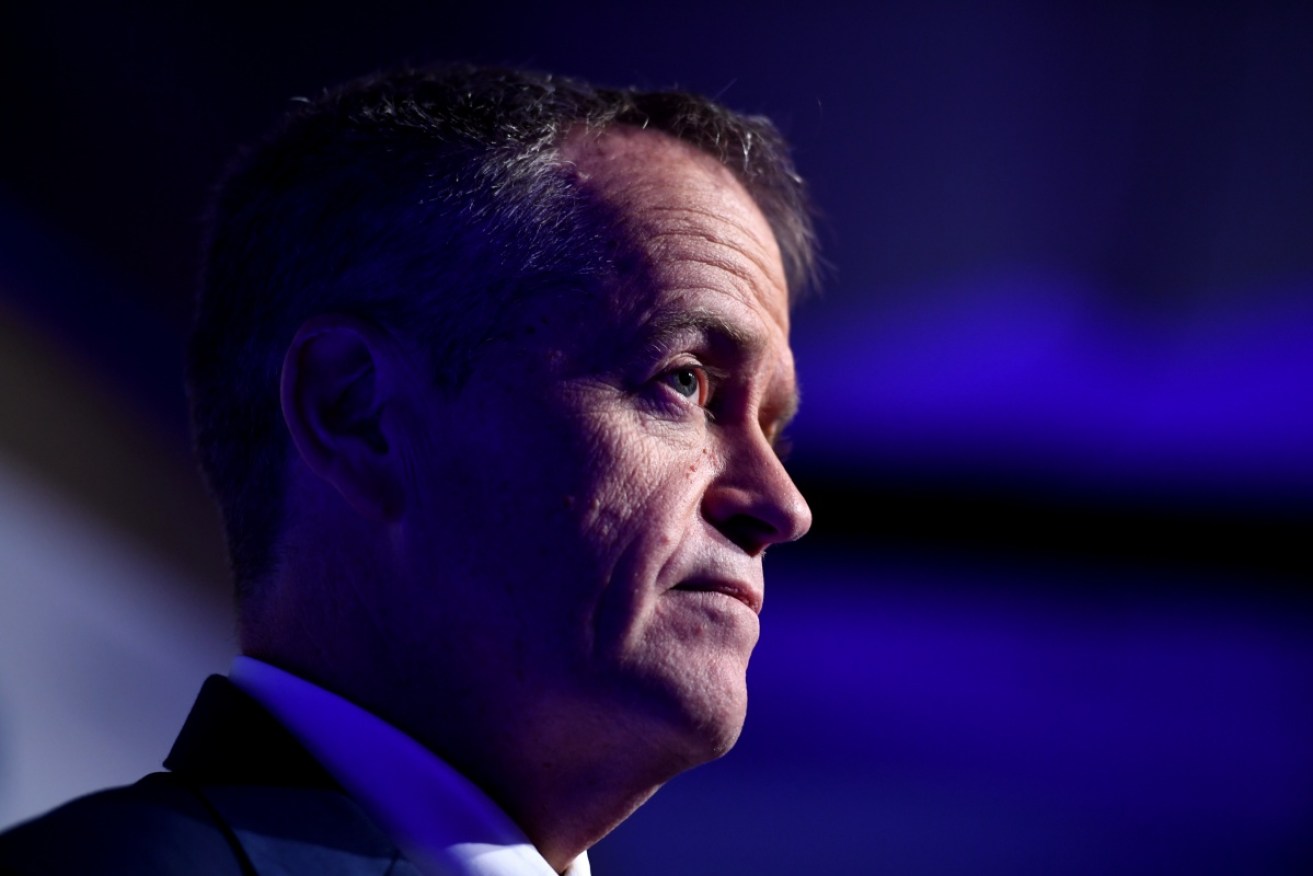Labor vows to axe tax concession favoured by wealthy retirees


Labor has vowed to reform dividend imputation. Photo: AAP
Labor is set to provoke a new political fight on tax by pledging to scrap a Howard government-era concession favoured by wealthy self-funded retirees.
Opposition Leader Bill Shorten will use a speech in Sydney on Tuesday to announce a Labor government would end cash refunds claimed through dividend imputation, a move Labor says will save the budget $59 billion over the next decade and affect about 200,000 self-managed super funds.
Currently, when a company pays a dividend out of after-tax profit its shareholders receive personal tax cuts, called ‘franking credits’, to prevent double taxation of company profits.
In 2001, the Howard government made the scheme more generous by allowing shareholders to cash in when their franking credits exceeded their tax bill to the government. Wealthy retirees get the biggest cash refunds because income from superannuation is tax free for people over 60.
Mr Shorten will argue on Tuesday the budget cannot afford to keep “tidy little arrangements for people who already have millions of dollars”.
“This is why a Labor government will restore the imputation system to its original design,” Mr Shorten will say, according to speech notes seen by The New Daily.
“Let me be very clear about this, Labor created dividend imputation, we understand its value and we will maintain it.
“Everyone will still be able to use imputation credits to reduce their tax, but not to claim cash refunds.”
Dividend imputation was introduced by the Hawke government in the 1980s, but only allowed shareholders to reduce their tax liability. Once their tax bill hit zero, any remaining franking credits were lost.
“The Howard-Costello subsidy entirely distorts the original design of the dividend imputation system,” Mr Shorten will say.
The opposition, which has already vowed to end negative gearing and crack down on family trusts, will pitch the reform as part of its bid to make the tax system fairer.
The policy will provoke a backlash from the self-managed super fund sector, which receives 90 per cent of the cash refunds in question, according to Parliamentary Budget Office (PBO) modelling.
Wealthy retirees who are “high wealth, low income” are likely to be hardest hit by the plan, according to a policy document. It is project to impact 8 per cent of taxpayers in total.
That means ordinary retirees paying zero tax on modest shareholdings could find themselves noticeably worse off, as they would no longer receive 30 cents back from the federal coffers for every 70 cents’ worth of franked dividends they receive.
About 200,000 self-managed super funds are expected to be impacted by the change, but it will have a minimal impact on APRA-regulated funds, a policy document states.
Larger super funds would likely make different investment decisions to blunt the impact of the changes.
Labor’s policy, which would come into effect from July next year and begin hitting future earnings from 2020, is projected to save the budget more than $5 billion a year. Keeping the concession would see the cost to the budget increase to $8 billion a year over the medium term.
Mr Shorten will argue the change will only affect “a very small number of shareholders who currently have no tax liability and use their imputation credits to receive a cash refund”.
“These people will no longer receive a cash refund, but they will not be paying any additional tax.”
Australia is the only OECD country that allows taxpayers to claim a cash refund for excess dividend imputation credits.








